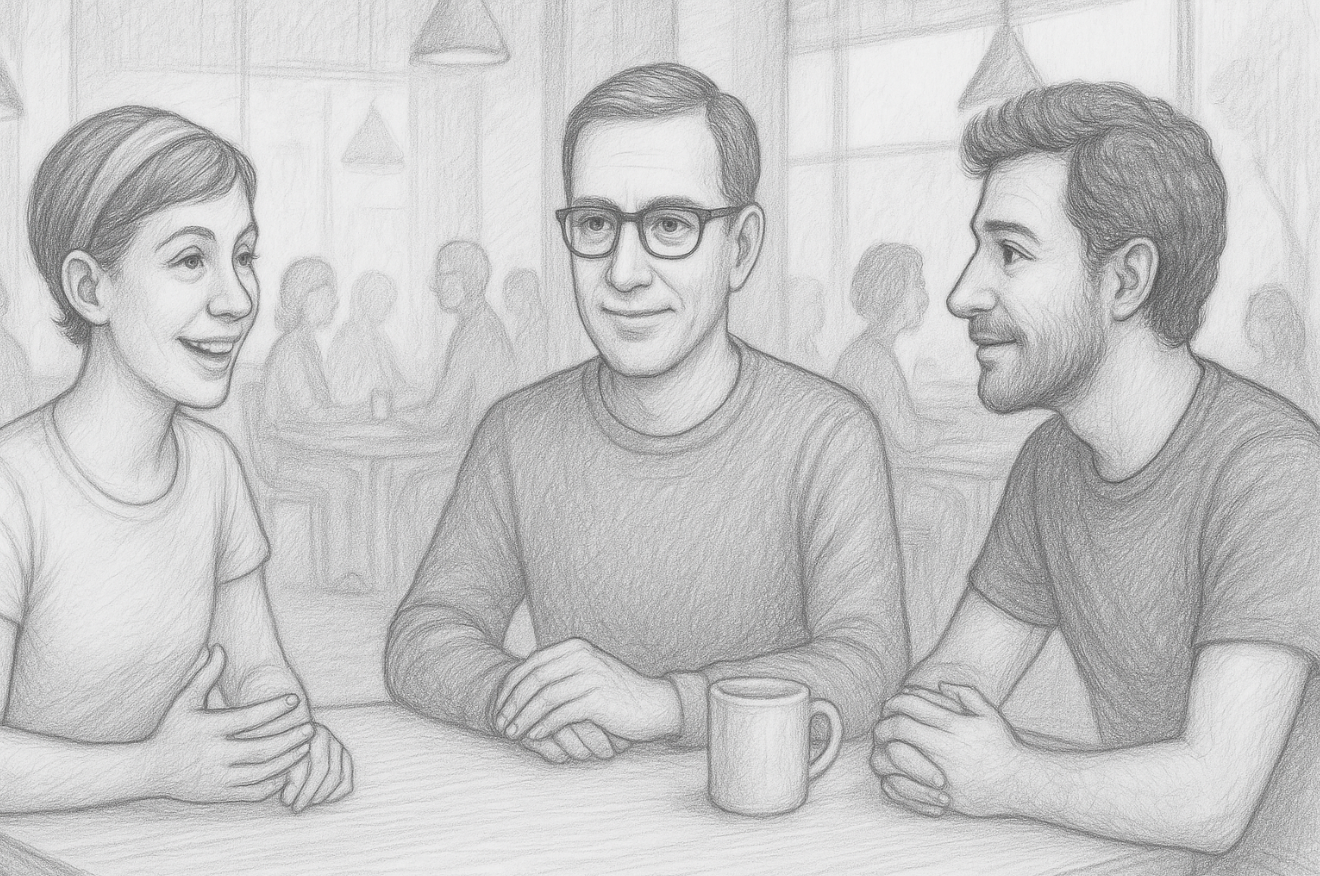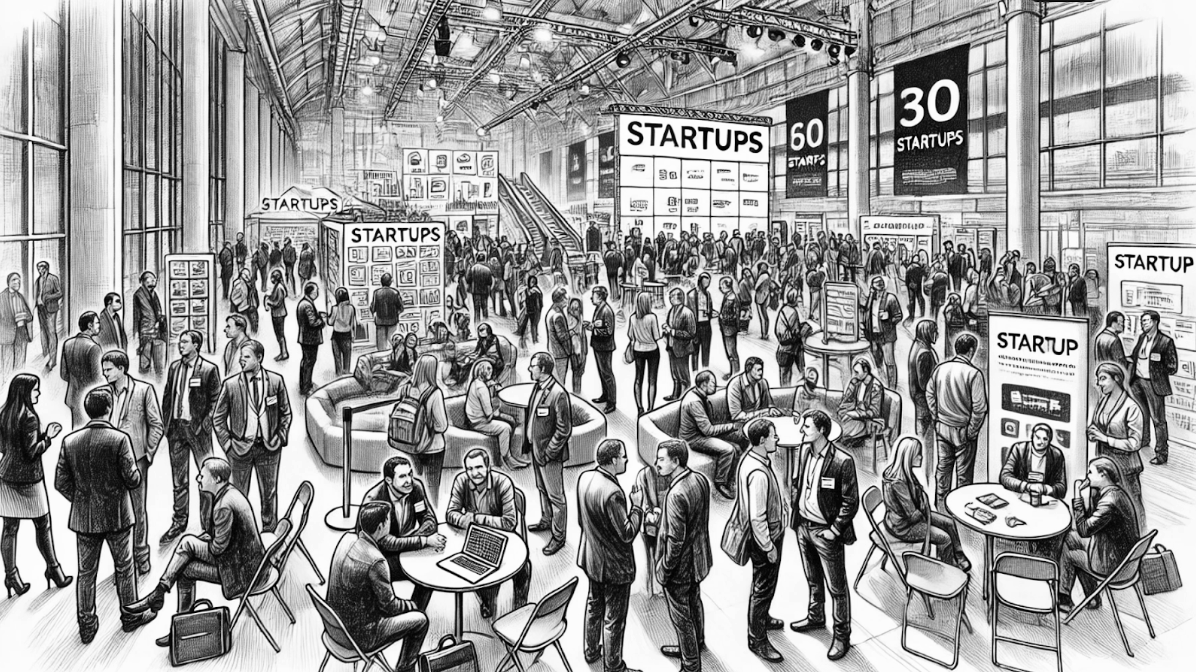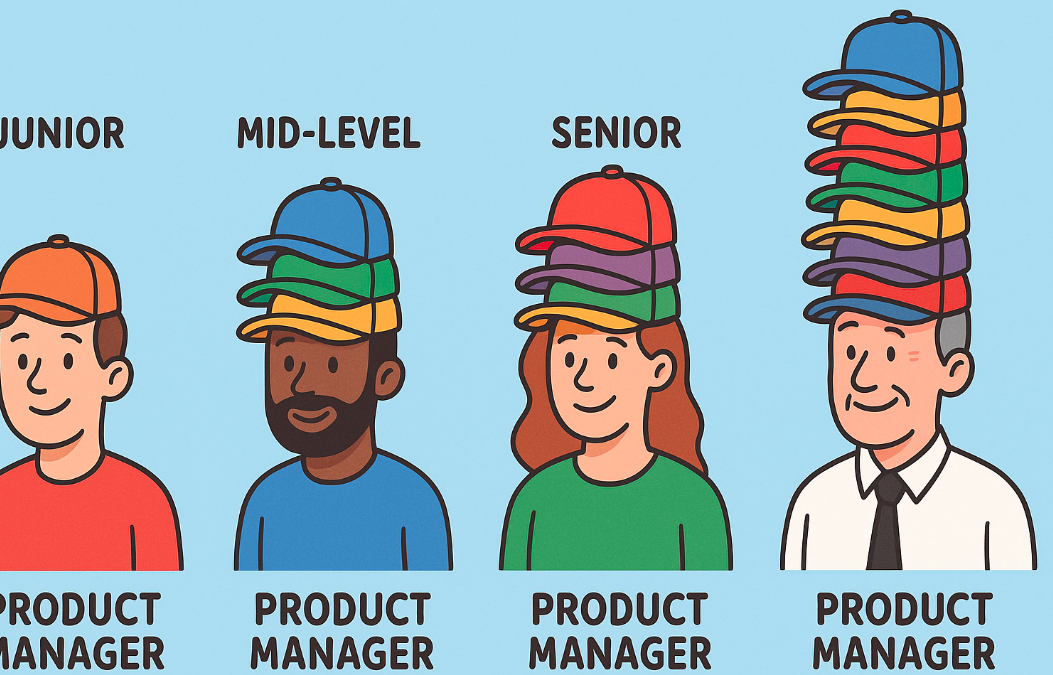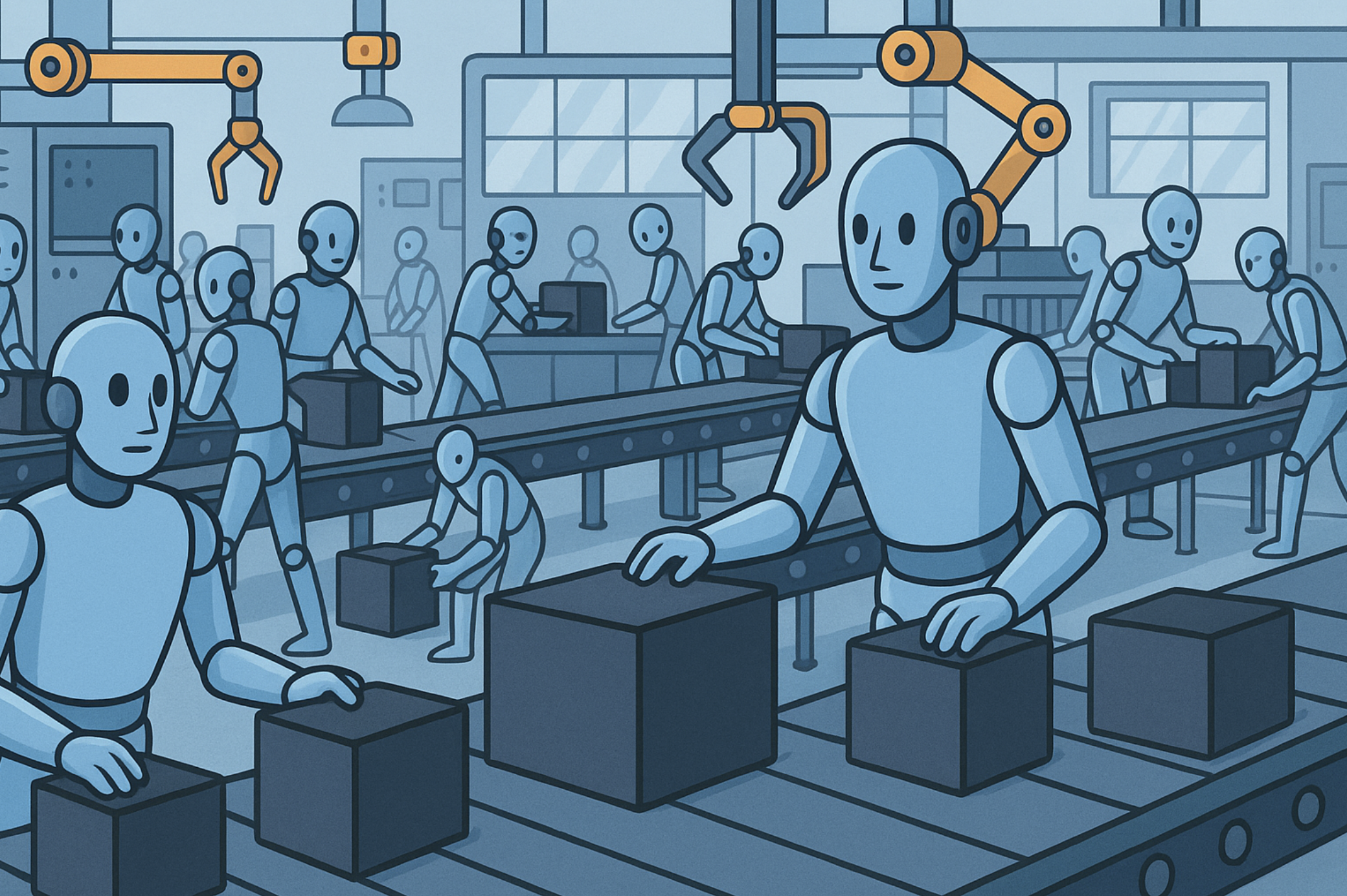Chapter 1: Surviving a breakup with the solution
“Did you know that every click, every search, every purchase you make is already being tracked, analyzed, and exploited without your full knowledge?” an activist suddenly interrupts, grabbing the microphone at a conference on neurotechnology in San Francisco. His voice, charged with urgency, echoes through the surprised room. “Now imagine that it’s not just your clicks, but your thoughts themselves that are being monitored!”
The murmurs of the audience mingled with the sound of security guards’ footsteps approaching rapidly. The activist, indifferent to the commotion he has caused, continues: “We’ve seen the abuses with the internet, how our behavioral data has become a currency of exchange. How can you assure us that the same thing won’t happen with technologies that claim to read directly into our brains?”

Before security finally expels him, he makes one last appeal: “Think about the implications before it’s too late!” These are his last words before he is escorted out of the room, leaving a heavy silence behind him.
In the middle of the audience, Sophie, a robotics engineer passionate about brain-machine interfaces, and Julien, a neuroscientist specializing in thought decoding algorithms, exchange an amused glance for the first time. They whisper to each other, skeptical of these alarmist claims. “Another armchair intellectual who doesn’t really understand technology…” comments Julien, a hint of irony in his voice. “He talks as if we could read thoughts as easily as emails. We are far, very far from that.” Sophie smiles slightly in agreement. “These ideas are certainly captivating for a science fiction novel, but the technical reality is much more complex and less threatening.”
This initial exchange leads them to continue the day’s conferences side by side. Between each presentation, they meet for technical debates, exchanging arguments and ideas. Little by little, their meeting ignites, and their ideas crystallize into a shared vision. Together, they dream of a revolution: creating a helmet capable of reading thoughts. But not just any helmet—not those devices still confined to laboratories or reduced to triggering simple gestures, such as turning on a lamp or ordering a household robot to start preparing a meal. Their ambition goes far beyond that. It is a shared passion, a fierce audacity, and the conviction that they hold a fragment of the future in their hands. Carried by this momentum, they decide to leave everything behind: their prestigious positions in world-renowned research laboratories, their professional security, to embark on the MelonsNet adventure. The name is far from random: in French, “avoir le melon” means to be pretentious or to have a big head, an expression that makes them smile. They find it amusing and catchy to play on this metaphor and imagine a network of brains connected to each other via thoughts.
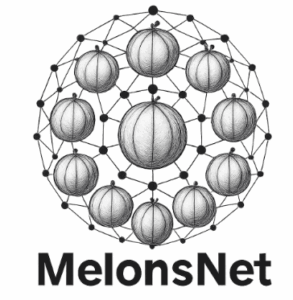
Their innovative headset will perfectly reflect the complementary nature of their skills: it will combine the integration of complex neurological signals with the most advanced open-source technologies in artificial intelligence. This device will be able to interpret thoughts and translate them into words or text in the language and register appropriate for any interlocutor, whether human or machine, in any country, in any professional context.
To finance this project, they are relying on their savings, government assistance—primarily unemployment benefits—and an inheritance received by Julien. This will last a little over two years with two employees and two interns paid the legal minimum wage. The goal seems ambitious, but in their eyes, it is perfectly achievable.
Sophie and Julien know that they need to surround themselves with the best talent to make their vision a reality. Julien remembers a brilliant and slightly eccentric electronics and computer science student he met at a robotics competition a few years earlier. They get in touch, and Eric, still as passionate as ever, agrees to join them. It wasn’t just his technical expertise that would later make the difference, but also his network , his friends from college, who would become valuable allies in seamlessly integrating the helmet’s electronics and mechanics. One evening, after a long day of work, Eric told them how he had soldered his first circuits at the age of eight, triggering a fit of laughter and further cementing their bond.
A year later, MelonsNet recruited Marc, a renowned developer in the open-source community for his breakthroughs in neural decoding. Sophie and Julien discovered him by chance in a café in the Latin Quarter that had been transformed into a hackathon arena. The lingering smell of cold pizza mingled with the acrid scent of coffee flowing continuously. Under the dim light, punctuated by a giant stopwatch, Marc codes in a corner, his silhouette bent over his keyboard illuminated by ambient LEDs. Participants file past him to benefit from his advice; he answers each question with an energetic smile, never stingy with advice despite the mounting pressure.
When Sophie and Julien approach him, he immediately lights up: sleepless nights, labyrinthine algorithms, intuition for AI… His enthusiasm is contagious. A few coffees later, the decision is made: Marc joins MelonsNet. As soon as he joins the team, he forms a dynamic duo with Eric, each admiring the other’s prowess, determined to push the boundaries of mind reading even further.
A year after Marc’s arrival, and to cope with the growing workload associated with training and fine-tuning neural networks, two interns, Fatima and Gunter, are recruited for a six-month assignment. Both are final-year master’s students in computer science and electronics at Stanford. Sophie will long remember the day she met them at a conference in San Francisco: young, brilliant, and resolutely ambitious, Fatima and Gunter asked a barrage of pointed questions about the MelonsNet project, demonstrating an interest that was impossible to ignore. A few weeks later, they joined MelonsNet, infusing the team with their energy and skills.
Each member of MelonsNet has their own story and anecdotes, and the whole team is now united by a shared passion and determination to see this project through. Convinced that the only barrier to success is technological revolution, they are focusing on developing what they consider to be the most technically challenging aspects. Their discussions are dominated by terms such as “latency,” “neural interface,” and “prediction algorithm.”
This strategy is paying off, as Julien and Sophie’s office is gradually being transformed into a state-of-the-art laboratory, with prototypes piling up, each symbolizing a new breakthrough in existing technologies on the market. The once-bare walls are now covered with circuit diagrams and neural data graphs, illustrating their progress in the complex integration of hardware and software.
As the days stretch into long development sessions in their lab, Julien and Sophie regularly treat themselves to media breaks filled with lively and sometimes tense exchanges. One of these escapades takes them to the set of a famous talk show followed by millions of people on social media, where the electric atmosphere initially unsettles them.
A strident jingle, blinding spotlights; the heavy heat of the set squeezes their lungs. Applause erupts in bursts, just before the host, true to his reputation as a formidable interrogator, launches his incisive question: “So, Julien, can your machine really read all our thoughts? Admit it, it’s a little scary, isn’t it?”
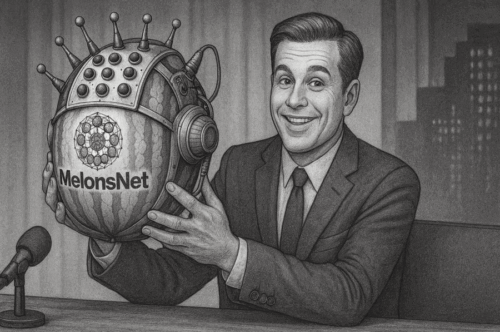
He flashes a mischievous smile as the beams tighten around them, further heightening the tension. Julien, unperturbed, responds with a soothing metaphor: “Imagine that our devices work like a highly secure safe. They only open if you enter the right combination, and only for specific, authorized thoughts. No random reading, no intrusion. Each access is consented to and strictly controlled.”
Sophie is not spared this commotion when she receives a question from a radio listener who speaks with a voice trembling with concern: “Aren’t you afraid of creating an era where our thoughts no longer belong to us?”
Sophie, touched by the listener’s palpable anxiety, responds with compassion. “I understand your fears, but our goal is to help, not to invade. We place a high priority on the security of our system in terms of confidentiality and regulatory compliance.”
These interactions, whether on television, social media, or radio, provide them with a valuable platform to clearly define their intentions and dispel misunderstandings about their revolutionary work. At least, that’s how they see it. Julien and Sophie’s trips to trade shows such as Vivatech in Paris , and CES in Las Vegas are becoming more frequent and are now highlights of their calendar after two years in business.
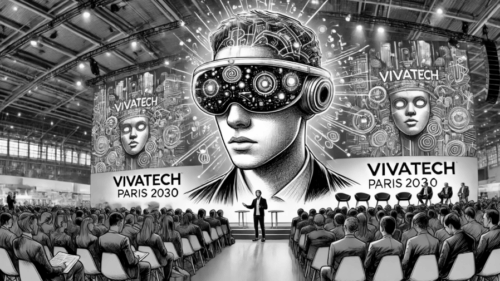
At the Vivatech trade show, Julien speaks to a curious and enthusiastic crowd. “And now, let’s see how our device can interpret the thoughts of our volunteer!” At his side, a young woman selected at random from the audience, a little nervous but smiling, puts the headset on her head.
Everything seems to be going smoothly until the device picks up a private thought from the volunteer, revealing it through the speakers in the large conference room: “I really hope my husband hasn’t left his keys at the office again, it would be the third time this week.” The audience, initially surprised, bursts out laughing at the young woman’s visible embarrassment.
Sophie quickly grabs the microphone: “As you can see, our technology is still in the learning phase. A new version of the software correcting this bug is currently being tested! It will soon be a thing of the past.” Her way of defusing the tension with humor and empathy charms the audience, who applaud while continuing to laugh. Far from being discouraged, the two inventors exchange a knowing glance, recognizing the incident as a valuable reminder of the challenges that still lie ahead.
A little over two years have passed since the beginning of the MelonsNet adventure, and new interns, Cassandre and Paul, have already replaced Fatima and Gunter. As MelonsNet establishes itself in the media as a pioneer in mind-reading technology, Julien and Sophie find themselves facing a new challenge. At the last CES trade show, under the dazzling lights of Las Vegas, a rival start-up caused a sensation by unveiling a device strikingly similar to theirs.
“Challenges are what shape us. MelonsNet doesn’t just follow trends, it creates them!” says Julien when asked about the subject. At the same time, Julien and Sophie have long discussions about their vision for development. They come to a clear conclusion: if they want to take the next step, they need a dedicated product owner. Someone capable of structuring the product, carrying out the roadmap, and bridging the gap between vision and execution.
But money is tight, and funds are lacking. A few days later, without telling Sophie, Julien makes a radical decision. He puts his house up for sale. To reduce expenses, he plans to move his family into a rented apartment. When Sophie asks him how he intends to suddenly inject money into the company, he mentions an inheritance from a distant great-uncle, an old family story he had never talked about before.
She doesn’t probe further. Perhaps she guesses, perhaps she chooses not to know. They agree on a new distribution of shares in the company, taking into account the effort made. Thanks to this discreet sacrifice, they can finally start recruiting their first product owner. To do so, they attend a technology meetup in Paris. Sophie and Julien, a little nervous but determined, present their ideas. That’s where they meet Laura. From the moment they exchange their first words, she is captivated by their project, and an immediate connection is established between them. Laura is not only an experienced product owner; she embodies the complete profile of the modern product manager. A graduate of a prestigious business school, she first honed her economic and marketing skills before adding a year of web development to her repertoire, driven by her methodical curiosity. This foray into coding refined her technical knowledge and enabled her to communicate with engineers on an equal footing. At the crossroads of these two worlds, Laura deploys key skills: strategic vision, user listening, data analysis, mastery of Agile methods, ruthless prioritization, and the art of storytelling to engage stakeholders. Her trademark? Transforming nebulous ideas into concrete products that feed both the market and the technical roadmap. During the evening, she shares anecdotes about her previous projects and how she motivated teams to achieve ambitious goals. At the end of the evening, a decision is made almost instinctively: Laura will join the MelonsNet adventure.
The months passed. Slowly. Wearingly. And yet, despite the mounting pressure, Sophie and Julien’s determination remained intact. Every criticism, every comparison with a competing start-up that is raising funds or gaining visibility, acts as a reminder: they want to hold on, no matter what. This is the message they hammer home, both to themselves and to those around them. Yet behind the words, reality is crumbling.
The team has changed little. The core remains the same, almost frozen, while other structures are pulling ahead. Laura joined them several months ago. She was supposed to bring a breath of fresh air, but doubts are setting in: her commitment seems less deep than they had imagined. The promises of the beginning are fading into inertia.
The initial vision, however brilliant, is no longer enough. The media hype has dissipated. Daily life has become more difficult: they only have a little over nine months of cash flow left, despite Julien’s new contribution. The office, once a hive of activity, has turned into a battlefield: abandoned plans, unfinished prototypes, yellowed Post-it notes. A mess that says it all without a word being spoken.
Face to face, in this setting of accumulated fatigue, the tension is palpable. Behind their eyes, it is less anger than disappointment that sets in: the disappointment of finding themselves at a crossroads, without a map or a compass, and with the impression that time has passed faster than their progress.
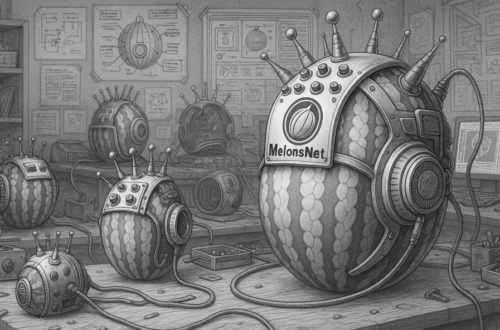
“We have to be smart,” says Sophie, scrutinizing the numbers on her screen.
Julien nods, ever pragmatic. “We’ve managed to significantly limit our costs so far. Two of our four developers are still interns, and we’re making the most of all the open-source algorithms available.”
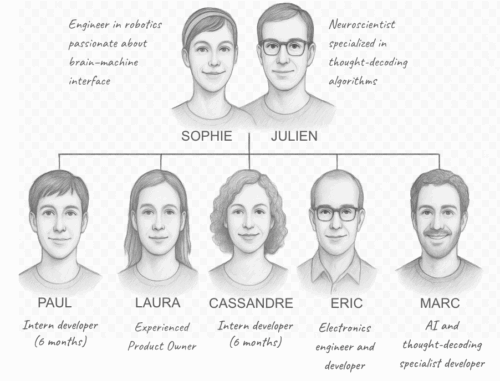
These strategies allow them to present functional prototypes and maintain an image of success despite internal challenges. In public, they project a facade of confidence and progress, while in private, they struggle to keep their business afloat.
“Every presentation we give, every demo we succeed in, brings us closer to a viable solution,” adds Julien, trying to instill a dose of optimism.
Sophie keeps her eyes fixed on their accounts, as if to hold on to reality. “We have to face facts, Julien. Our approaches so far… they’re not working. We’re going around in circles, we still have zero revenue, the potential users we’re targeting are fearful of the negative effects of technology, development is extremely slow due to our limited staff, and we only have nine months of cash flow left,” she says, her voice betraying a sense of urgency tinged with frustration.
Julien rubs his neck. “I know. We thought our technical expertise would be enough, and that a product owner would save us… But something is missing…”
Their office, a place of effervescent creativity until recently, now reflects their disarray. Sophie gets up and begins to pace nervously, avoiding the cables snaking across the floor.
Julien looks thoughtful. “You know, Sophie, I think our enthusiasm for convincing investors on TV shows has led us astray a little. We thought that promoting would be enough to attract investors and customers, but it seems much more complex than that…”
Sophie feels the reality of their actions weighing on her shoulders. “That’s true, Julien. We got carried away by our own story, the one we wanted the world to hear. But we were also so absorbed by our technological vision that we lost sight of the essentials. We stayed among ourselves without developing any network to fall back on. Maybe we just need a salesperson who can sell our product better than we can! It’s time to get out of this bubble.”
Their eyes meet, a mixture of regret and clear determination in their gaze. “We have to rectify the situation,” adds Julien, “and quickly.”
Sophie thinks of her little boy, sleeping peacefully at her sister’s house. She has promised him that this separation is only temporary and that she will soon be able to devote all the time he deserves to him. This thought rekindles her determination.
“I refuse to give up now,” she declares. “After all these sacrifices! And besides… who would want us if we fail? Three years of start-ups doesn’t fit into any HR box. What company, what position? The competition?”
Julien nods; he feels the same concern. He straightens his shoulders. “You’re right, Sophie. We need to get some fresh air and recharge our batteries.” He gives her an encouraging smile. “Let’s get out of our bubble and talk to people in the ecosystem. I saw the poster for tonight’s NUMA event in the lobby. Let’s go: a fresh perspective might help us adjust our strategy.”
He immediately grabs his phone: “I’ll be home late; sorry to miss bedtime stories again,” he texts his wife. Sophie dials her son’s number to wish him a good night. Jackets in hand, they leave the office, buoyed by this decision and a renewed energy.
Stories from entrepreneurs and product managers
To step back from the content of this first chapter, I would like to share a series of inspiring testimonials.
[/vc_column_text][/vc_column][/vc_row]
Lara Gervaise (in French), founder of Virtuosis AI, shares her experience with a divisive feature.
Massimo Banzi (in English), the creator of Arduino, looks back on how an open-hardware project grew into an iconic product.
Sylvie Fleury (in French), CEO of Hunteed, illustrates how a poorly designed product can still find its place by meeting a genuine market need.
Sébastien Gilabert (in French), CEO of Missia, shares a ‘silly mistake’ born out of the classic overload faced by entrepreneurs.
Aurélien Onimus (in French), CEO of Tanjiblocks, reminds us how ego can become a founder’s worst enemy.
Paul Benoit (in French), founder of Qarnot Computing, explores the paradox of patents: filing early enough to secure development, while still in the process of discovering the market’s real need.
Author of Impact Factories / Co-founder of Shy Robotics and Product Whys / Head of Product at Dassault Systèmes / Engineer passionate about innovation and entrepreneurship
Full bibliography here

